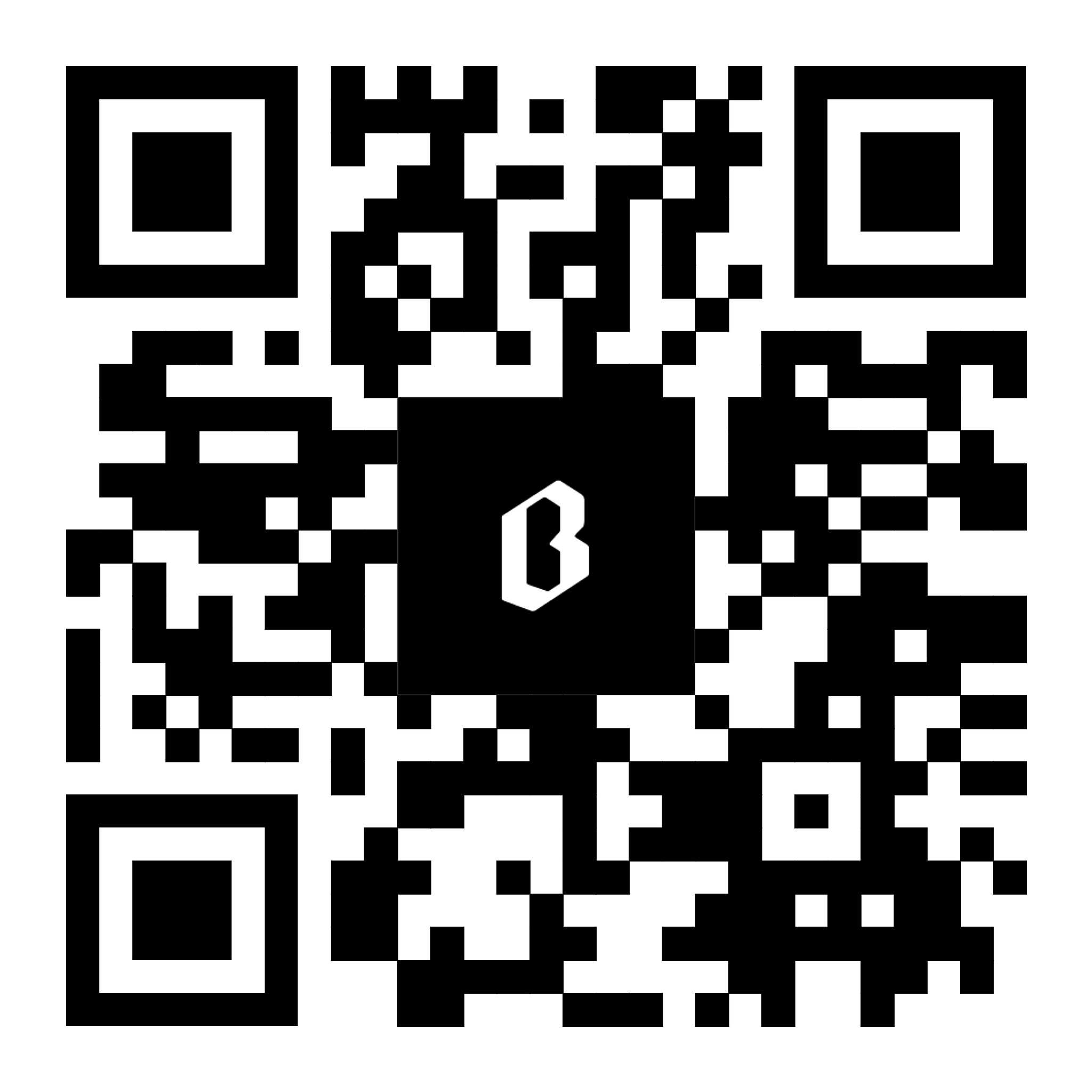The tech industry is suing to block the Maryland Kids Code, a law that requires companies to put guardrails on their apps and websites that children use.
NetChoice, a trade group that represents the biggest names in tech from Amazon to X, filed suit in U.S. District Court on Monday, alleging that the law illegally restricts free speech.
“The Act compels websites to act as government speech police, forces them to stigmatize their own services through mandatory self-criticism, and requires them to alter their protected editorial functions through a vague and subjective ‘best interests of children’ standard that gives state officials nearly boundless discretion to restrict speech,” NetChoice lawyers wrote in the lawsuit.
The Maryland Kids Code law requires large internet companies to put in place privacy protections for the use of data collected on children “in a manner consistent with the best interests of children.” The companies must also prepare a written assessment of their offerings and the associated privacy protections.
Companies that violate the law could face fines.
Proponents of the Maryland Kids Code, including sponsors Del. Jared Solomon and Sen. Ben Kramer, both Montgomery County Democrats, have argued that the law puts reasonable limits in place to protect children.
Kramer, in promoting the bill last year, said that parents would never allow a person to follow their child around, observe their actions and even peer through their window — but that’s what some companies and apps are doing to a child’s digital activities.
“Internet companies are tracking everything that our children do, watch, read, study, post and chat about on the internet,” Kramer said during a 2024 press conference. The bill passed the General Assembly with no dissenting votes.
The Maryland Kids Code Coalition, which pushed for the bill last year, issued a statement expressing outrage at the lawsuit.
“The Maryland legislature and the people of Maryland have spoken. The online safety of our children is paramount,” said Mia and Todd Minor Sr., coalition members who lobbied for the bill. Their son Matt died at age 12 participating in a “blackout challenge” that circulated online.
NetChoice sees the law much differently, dubbing it “Maryland’s Speech Code” in press statements.
“Maryland’s Speech Code is Orwellian overage that closes off the free flow of ideas and threatens user privacy,” Chris Marchese, NetChoice’s litigation director, said in a statement.
Marchese’s statement said the law unconstitutionally turns websites “into arms of government censorship.”
NetChoice’s lawsuit argues that for companies to comply with the “vague mandates” in the law, websites will have to restrict content available to all users, disable key features and “face impossible choices” between restricting speech or facing fines.
The lawsuit asks the court to strike down the law and award attorneys’ fees to NetChoice. NetChoice has three dozen member companies, among them: Amazon, AOL, ebay, Etsy, Google, Lyft, Meta, Netflix, X and Yahoo.
Maryland Attorney General Anthony Brown did caution Gov. Wes Moore last year that there would be “some risk” that the law would be challenged on free-speech grounds. In an advisory letter, Brown wrote that a similar law in California had been halted in court, and even though Maryland’s law had some key differences, it still could be vulnerable to a challenge.
Moore, a Democrat, signed the bill into law in May 2024.





Comments
Welcome to The Banner's subscriber-only commenting community. Please review our community guidelines.